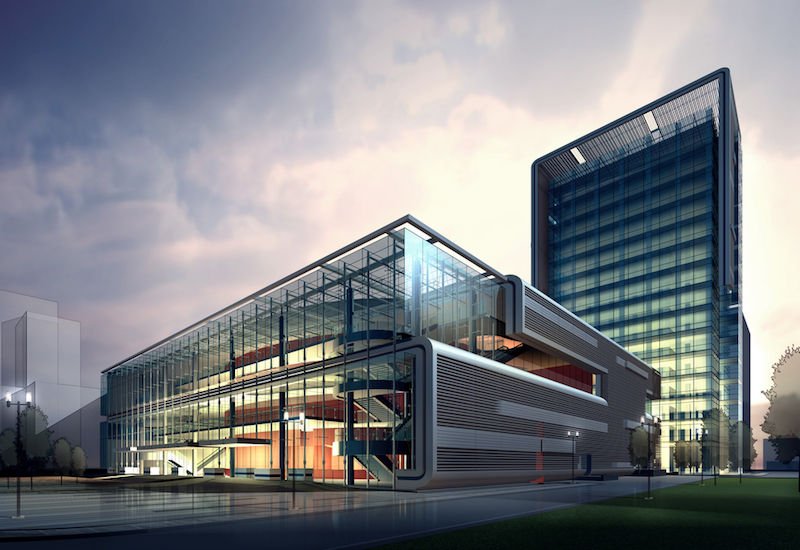In your home, cutting back on energy usage is relatively easy. You can unplug unused appliances, turn down the temperature at night, and use natural sunlight instead of artificial light. But in a business, your electricity needs are much higher. Dialing back your usage isn’t as straightforward.
In a commercial building, you’re constantly trying to balance your energy needs with your rising utility bills. How do you save on energy without losing productivity or efficiency? Here’s what we recommend:
Find Where You’re Wasting Energy
When it comes to managing electricity, you can track your energy usage in a few ways. For example, if you work with fluids, you can use ultrasonic flow meters to monitor the velocity of fluids.
Something else to look at is your monthly bills. Is your energy use steadily increasing? It’s normal for electricity rates to fluctuate month-to-month, but a sharp increase indicates that there might be an underlying issue.
With real-time data, you can make information-based decisions that are accurate and timely.
Switch the Lighting
If you haven’t already switched from incandescent bulbs to LEDs, now’s the time to do it. This simple change can save you up to 75% more energy.
You can also invest in smart bulbs. These lights are controlled via an app on your smartphone. Set the lights on an automated schedule so that they switch on when your employees arrive; then, program them to switch off when people leave. Now, you’ll never waste energy if someone forgets to turn off the lights.
Check on Your Equipment
When was the last time that you scheduled HVAC maintenance? By upgrading your HVAC system, you can actually save money. Newer models will significantly reduce energy loss. Given how often you use your furnace/air conditioner, there’s no doubt that an upgrade is a worthwhile investment.
Whenever you purchase equipment that’s ENERGY STAR certified, you can trust that you’ll be getting the most energy-efficient appliances on the market.
Upgrade the Insulation
How much energy do you lose from under-insulated rooms? The real cost of this might surprise you.
Even if your HVAC system is working well, poor insulation allows air to leak out from your building. When you’re consistently losing hot/cold air, your HVAC system has to work that much harder to replace it.
A lack of insulation can cause significant energy loss. Finding the best insulation for commercial roofs is complicated. The right material will depend on the climate of your area, what material your roof is made of, and the moisture levels in your facility.
Now, count how many windows you have in your commercial building. Do you feel a draft when you stand in front of them? Windows are another big source of heating/cooling losses. It might be time to replace some of them.
Consider Solar Panels
What if you could generate your own electricity? This idea is enticing to many commercial building owners.
Solar power is a green way to cut back on your energy usage. With a solar panel system, you can reduce your reliance on electricity from the grid. And when you generate more power than you use, you can sell that electricity back to your utility company, saving you even more money.
Solar panels are a long-term investment in reducing electricity costs. You’ll need to cover the upfront installation expenses, but over the years, the panels will end up paying for themselves.
You want your business to run like a well-oiled machine. By conserving energy, you can reduce your ecological impact and lower your electricity bills. The above energy-saving tips will help you cut electricity costs in your commercial building.

